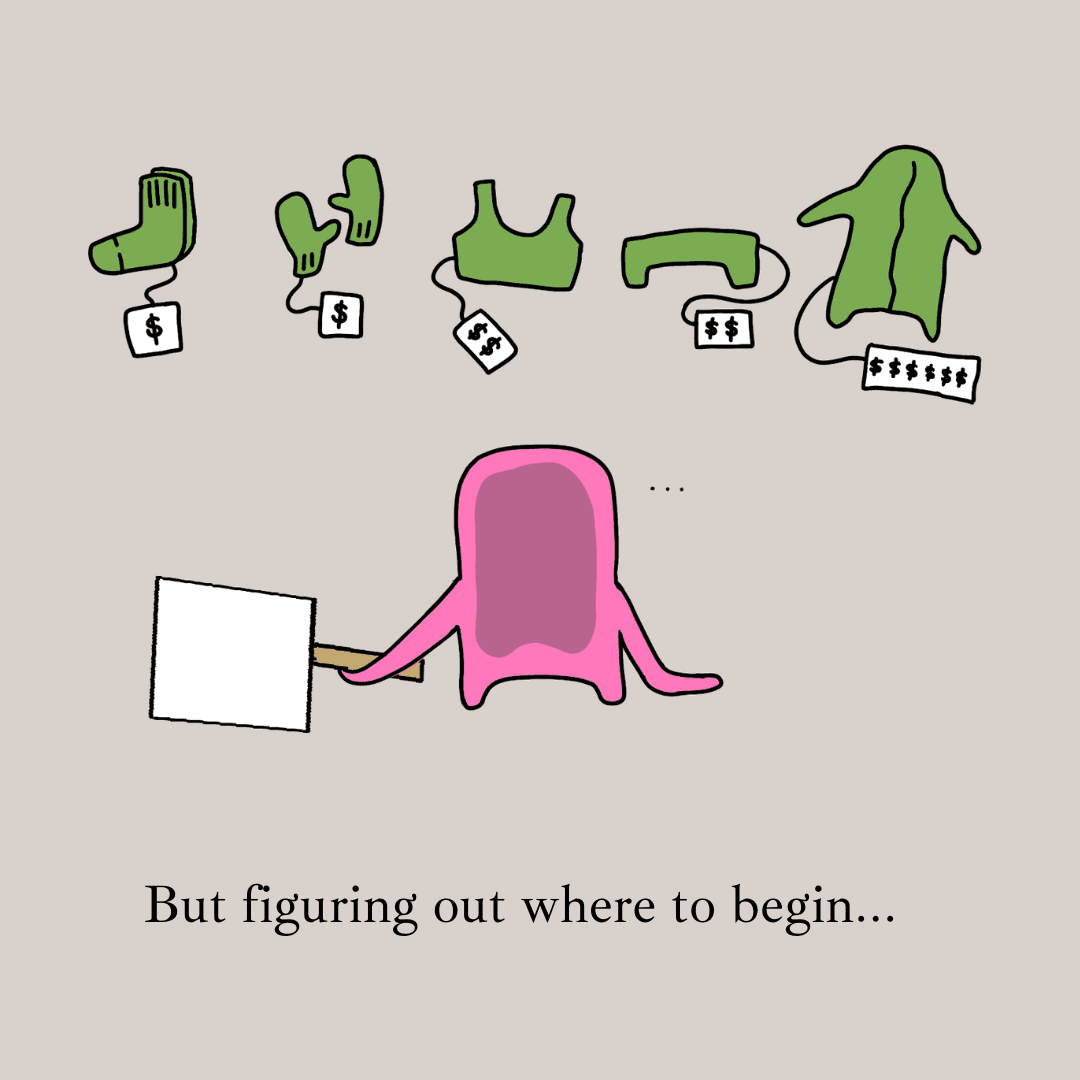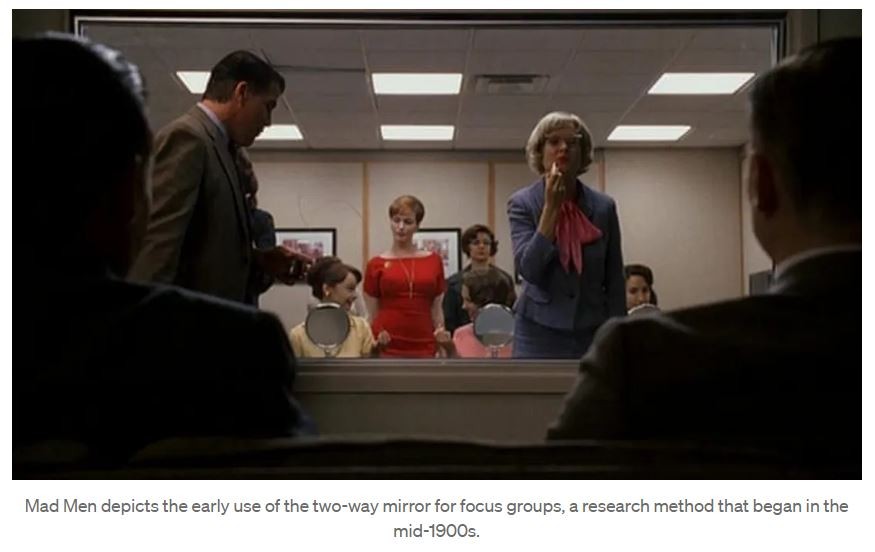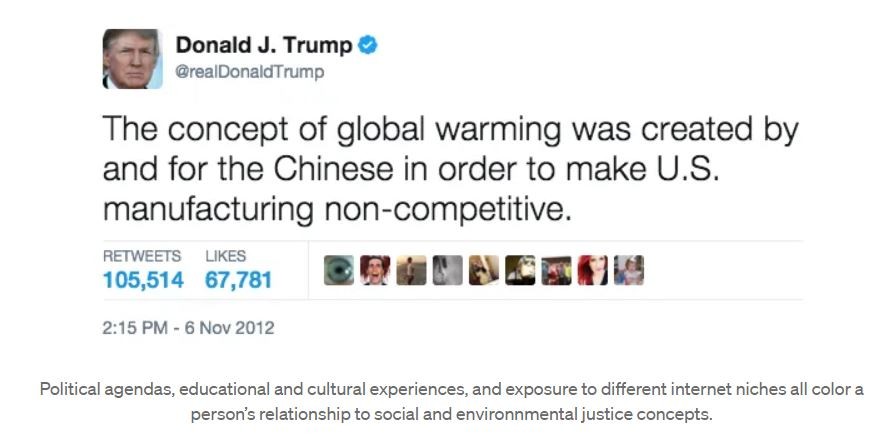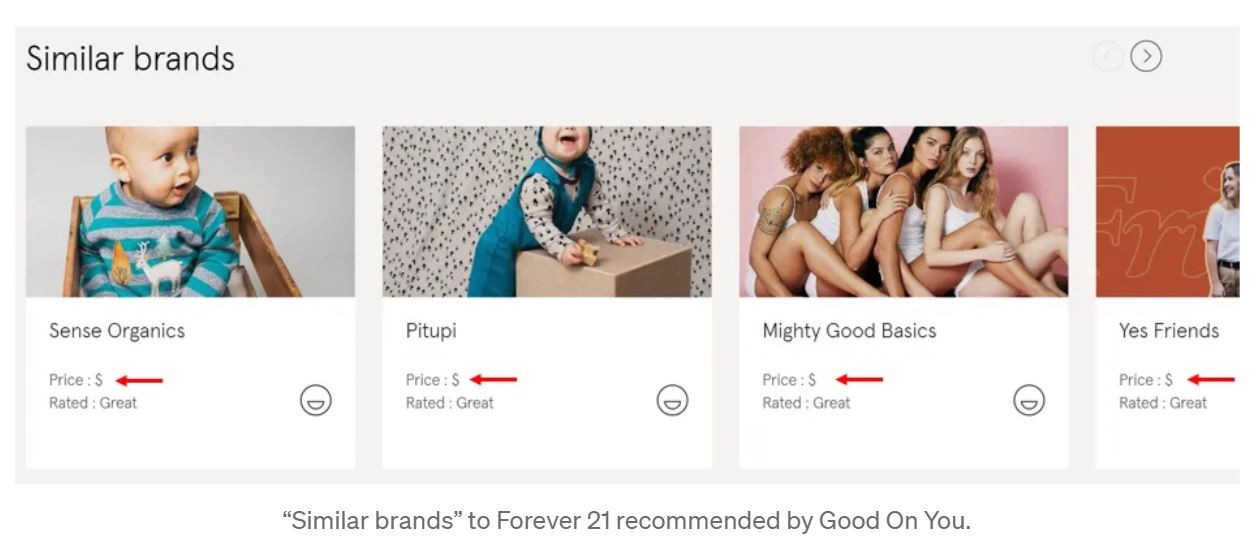The trouble with good choices.
Sep 5, 2023


The idea that a product can’t just be good anymore, but should also be good for the world is quite a modern concept. In fact, the idea that a product is associated with a brand at all is less than 300 years old, if you include the birth of the simple trademark during the Industrial Revolution.
With the introduction of iconic companies like Coca-Cola, Colgate, Chanel, and LEGO in the late 1800s to early 1900s, businesses began to personify their products, attaching them to a reputation, associating them with more abstract ideals, and beginning the thought process to considering their larger impacts.
Running a business began to mean understanding your customer at a deeper level.

Beyond what the customer liked about the product, surveys, focus groups, and interviews simultaneously started searching for what their customer might like about the company and its messages. They started to analyze what colors would give off certain moods, which celebrity brand ambassadors would gain the most trust, and what the behaviors of the company’s leaders elsewhere said about the company’s relationship to their customers.
Now, enter the rise of consumer preferences that have reached a whole new level of complexity. These values aren’t easily attributed to neatly distributed social norms, nor are they a simple matter of consumer psychology.

Again, we’ve entered an era of business where a hot new topic was suddenly in that grey area between being considered directly versus indirectly related to profitability. And traditional market research methods struggle to capture the right answers.
So, we see many established companies facing the tough decision of whether to invest in this completely new capability or just continue maintaining competitive leadership within familiar areas. Should they develop their product to integrate the newest technologies? Or could they actually slow down and renovate their entire supply chain?
Is it even feasible to put “planet over profit”?
I believe the there are real, curable reasons as to why these two have been approached as such mutually exclusive concepts.
People want different things.
People know different things.
People can’t trust companies.
So, market research costs are high, marketing costs are high, and the risk of little to no return on these investments (ROI) is high. And it’s this risk that forces sustainable suppliers to cling to their price premiums and force sustainable choices for the end consumer to cling to theirs.
Becoming a sustainable, good-for-the-world company is obviously not about just flipping one switch. It’s more about flipping one switch at a time because there are probably thousands of things a company could do to have better impact, and they all must be done for a company to have a net good impact.
However, certification companies like BCorp, Fair Trade, and USDA Organic, along with rating systems like Good On You and Ethical Consumer (which are great tools we recommend if you can afford their alternative recommendations), have clearly defined their own “switch” in order to help us choose good companies.

So, the larger mission of creating more good companies has been reduced to one big switch: good vs. bad. Meanwhile, there are still many little flippable switches that will just never be sexy enough to let a company successfully market themselves as a not-too-shabby company because, again, they’ve lost our trust. Companies need to do a lot more to convince us that they are on the right path and do deserve our dollar vote.
So, there’s little incentive left for established or smaller companies to make the baby steps that we all need them to make. Even as more and more companies are measuring and reporting their impacts, only those that are performing above some arbitrary level get the certifications that help us notice and reward their good behavior.
So, what if we took advantage of this increase in transparency, and helped all companies trace their profits back to each little thing they did or could have done right? What if companies had affordable access to the desires, attention, and trust of more consistently informed consumers?
Then, the good choice would be the easier choice for everyone.
Ready to make a difference? Join the Ethically Copped movement today!
Ready to make a difference? Join the Ethically Copped movement today!
© 2023 Ethically Copped. Planet equals profit.
